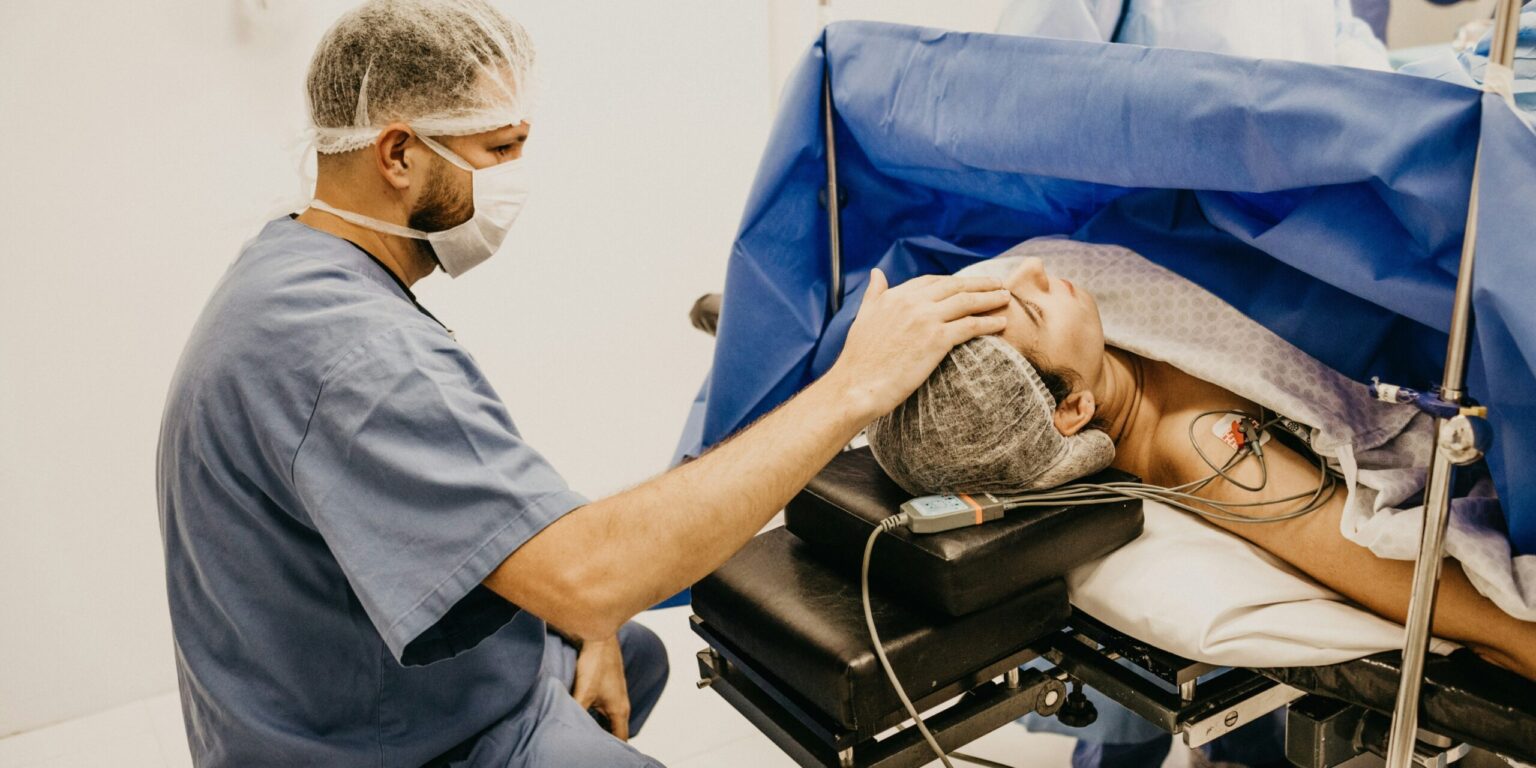On July 25, 2025, California-based medical technology firm DermAware announced that its AI-powered skin cancer screening platform had received clearance from the U.S. Food and Drug Administration. The company stated that the tool can identify early-stage skin cancers from smartphone photographs with approximately 90% accuracy, potentially accelerating clinical follow-ups and allowing for earlier intervention in suspected cases.
DermAware developed its technology in collaboration with dermatologists from the University of California, San Francisco. The platform uses deep learning algorithms to analyze images of skin lesions taken with a smartphone, flagging those that may require further examination by a medical professional. By enabling faster triage, especially in regions where access to dermatologists is limited, the technology aims to help catch cancers earlier and reduce the burden of advanced-stage disease.
Although details in other media reports reference a device called DermaSensor, a similar AI-powered skin cancer detection tool, the broader trend indicates growing FDA support for AI in clinical diagnostics. DermaSensor’s system, which uses a handheld device and elastic scattering spectroscopy rather than smartphone imagery, recently showed 96% sensitivity in clinical trials. In one such trial, involving over 1,000 patients and 22 medical centers, the device reduced missed diagnoses by half among primary care physicians. These outcomes demonstrate the potential of AI tools to enhance clinical decision-making and address gaps in early detection.
One in five Americans is expected to develop skin cancer by the age of 70, and the condition accounts for more than $8 billion in annual treatment costs in the U.S. While early detection dramatically increases survival rates—approaching 99% when caught early—access to timely dermatological care remains uneven. Many rural and underserved communities lack specialists, leading to delays that can worsen outcomes. Tools like DermAware’s may provide a solution by helping non-specialist providers identify which lesions warrant further testing.
Unlike traditional diagnostic approaches that require physical examination or invasive biopsies, DermAware’s smartphone-based system could empower patients and clinicians to take quicker action. By integrating easily with existing mobile technology, the platform could be deployed broadly without significant infrastructure investment. Moreover, early research suggests the technology performs consistently across different skin types, which is critical to ensuring equitable care across diverse populations.
AI’s increasing role in diagnostics also raises important considerations for how such technologies are validated, regulated, and implemented. The FDA’s clearance of these tools, including those like DermaSensor that go through its De Novo regulatory pathway, reflects a shift in how federal agencies are adapting to AI’s role in healthcare. Continued studies and real-world data collection will be essential to ensuring accuracy, safety, and responsible usage.
Cody Simmons, CEO of DermaSensor, described this as “the golden age of predictive and generative AI in healthcare.” His remarks echoed a broader sentiment that the combination of advanced imaging techniques and AI can help transform how conditions like skin cancer are detected and treated. Still, experts caution that AI should not replace clinical judgment. For instance, Dr. Vishal A. Patel, director of cutaneous oncology at the George Washington Cancer Center, noted that while AI tools could help triage patients more effectively, overuse could lead to unnecessary biopsies or overdiagnosis if not implemented carefully.
Assuming DermAware’s accuracy claims hold in wider clinical use, the implications are significant. Faster and more accurate diagnosis could lead to improved patient outcomes and more efficient referral systems. By helping primary care physicians better distinguish between benign and suspicious lesions, such tools could reduce strain on dermatology services while ensuring that high-risk cases receive priority care. Smartphone compatibility also means the technology can be made available at scale, even in areas where specialist equipment is scarce.
DermAware’s FDA clearance marks a notable development in the integration of AI into frontline medical care. By offering a non-invasive, user-friendly diagnostic aid, the platform may help reduce late-stage skin cancer diagnoses and improve equity in access to care. As post-market studies expand and new tools enter the field, the future of skin cancer detection could become faster, more accurate, and more accessible for patients across the country.
